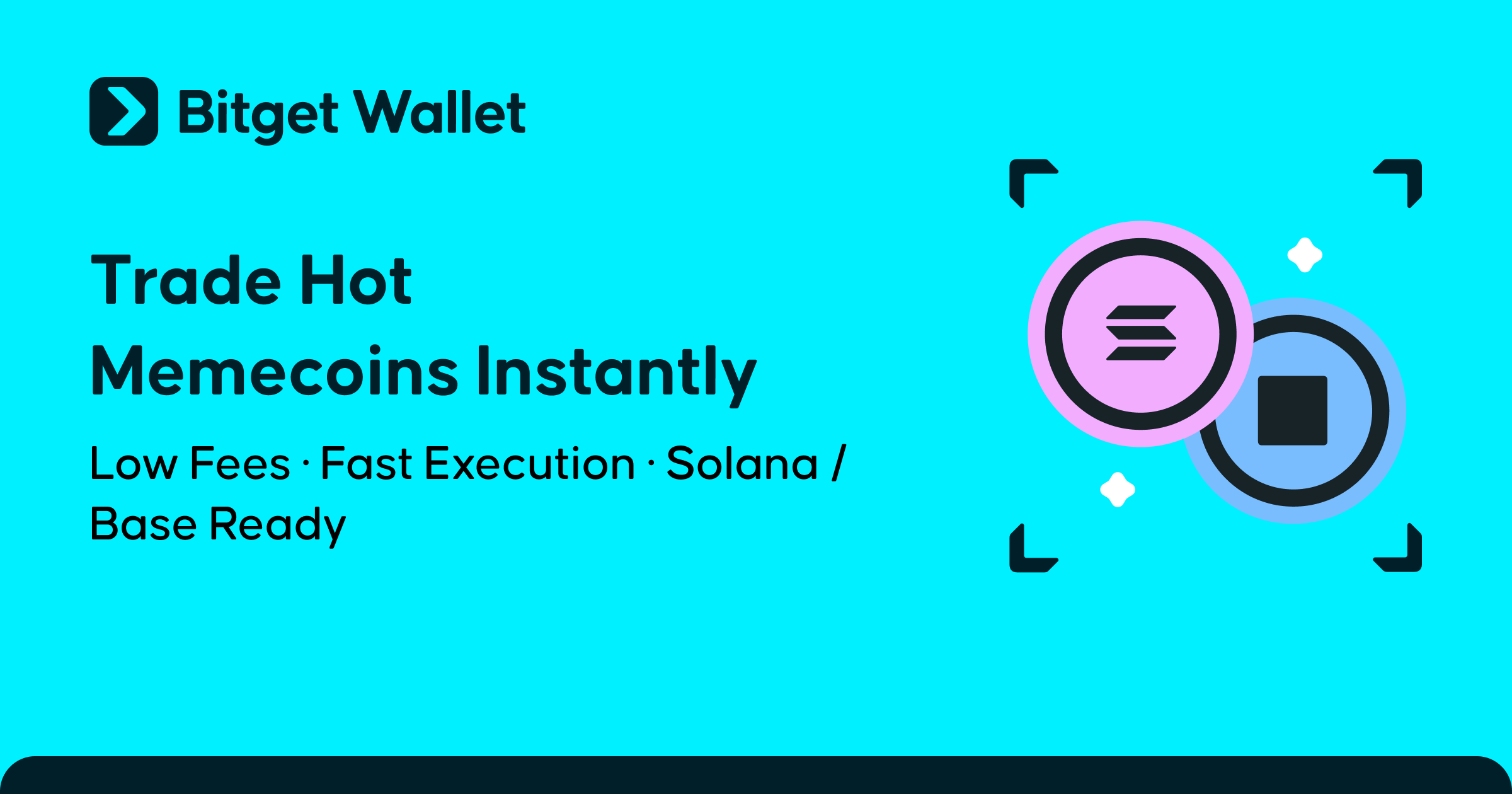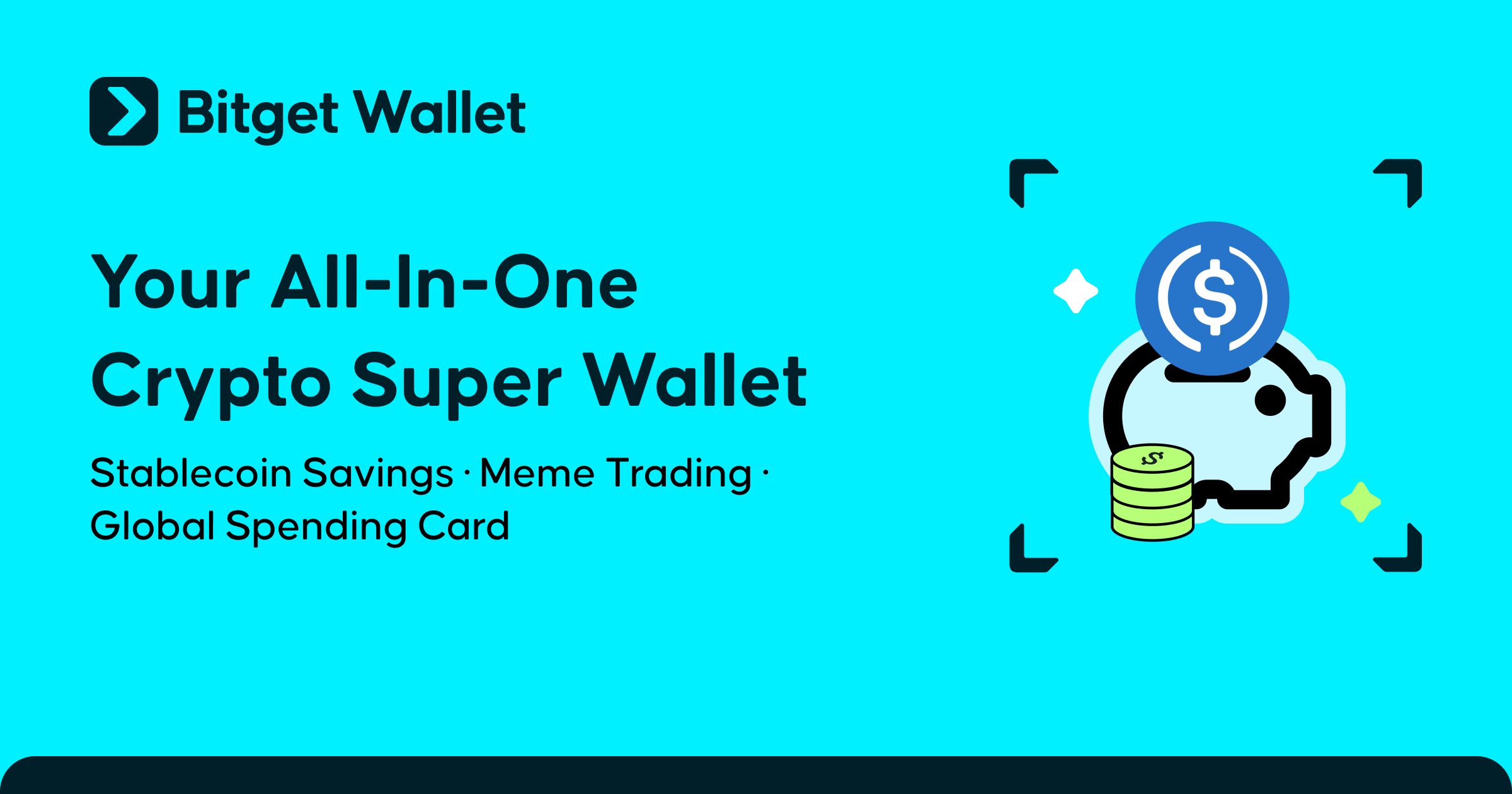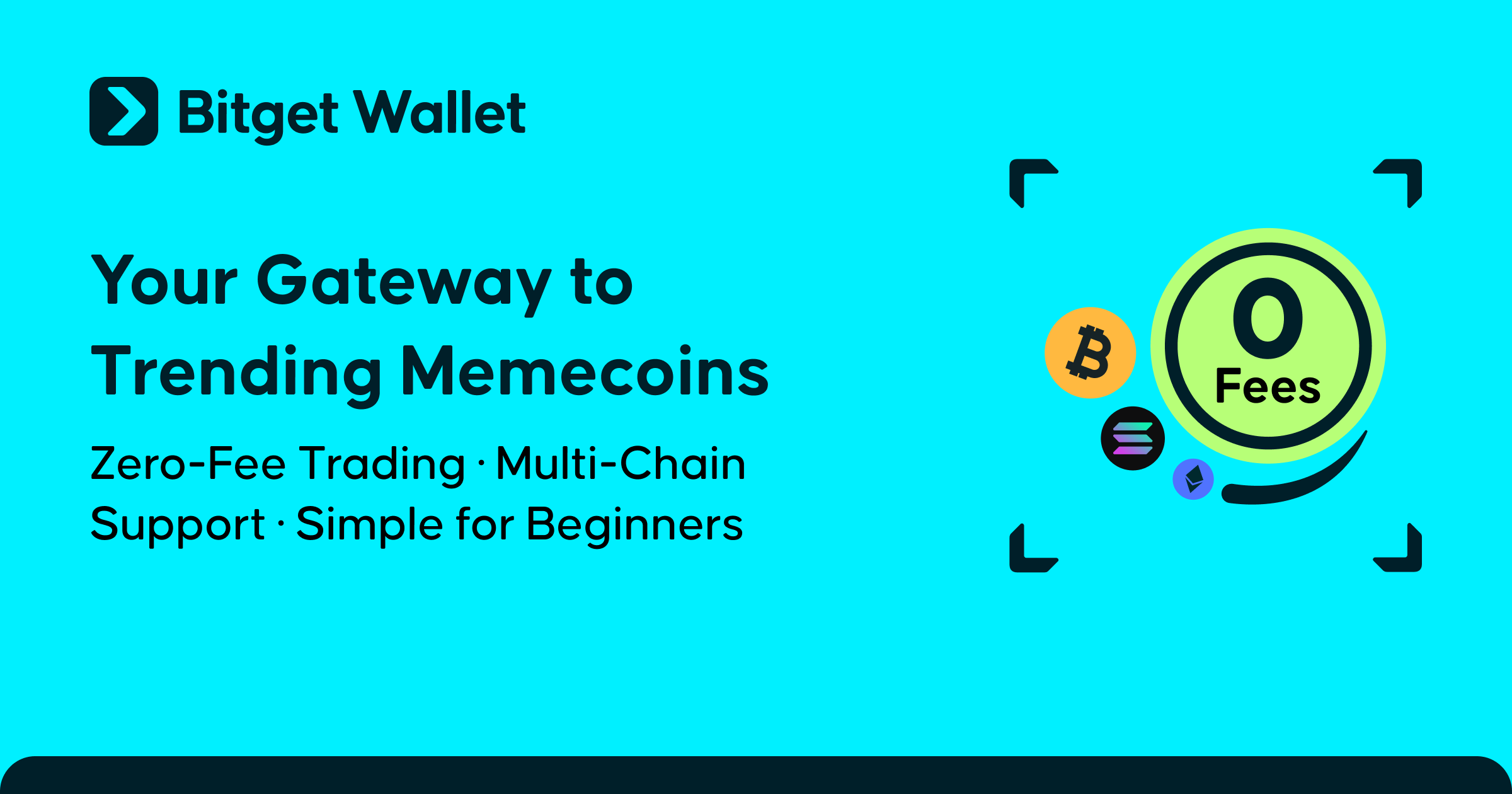All You Need To Know About Blast
2024-05-29

What Is Blast?
Blast is an EVM-compatible Layer 2 (L2) blockchain network designed to generate native yield. Led by the pseudonymous co-founder @PacmanBlur,
Blast has raised over $20 million from prominent investors like Paradigm and Standard Crypto. Known for its innovative approach and operational benefits,
Blast has garnered significant attention in the blockchain community.
Since its launch, investors have poured millions of ether (ETH) and stablecoins into the project, with total deposits exceeding $1.3 billion. Users depositing ETH on
Blast not only earn yields but also accumulate
BLAST points, which enhance the initial deposit value over time and provide airdrop rewards. These points, earned through deposits and referrals, will be redeemable starting in May 2024.
Additionally, users bridging stablecoins receive
Blast’s auto-rebasing stablecoin, USDB, which derives its yield from MakerDAO's T-Bill protocol. This offers an attractive opportunity for those looking to maximize returns on their digital assets.
How Does Blast Work?
Blast's ability to generate ETH yield income for decentralized finance (DeFi) users is rooted in the concept of ETH staking. On the main Ethereum network, users can lock their tokens temporarily to aid in the validation of Ethereum transactions.
This process, known as ETH staking, is crucial for securing the network, enhancing liquidity efficiency, and maintaining Ethereum's price stability. As a reward for providing this vital service, stakers earn significant interest on their tokens.
Typically, crypto users must manage staking individually, handling the complexities on a case-by-case basis. However,
Blast simplifies this process by managing staking within its ecosystem, making it a Layer 2 solution with native yield. As the network operates, it automatically bridges assets to the Ethereum main chain, where they are staked to earn interest. Smart contracts within
Blast's system collect this interest and seamlessly send it back to
the Blast network.
This interest is then redistributed to users in the form of ETH and stablecoins, offering a streamlined and efficient way to earn passive income from digital assets.
What Makes Blast Different?
Blast stands out for its ability to integrate ETH staking, automating the yield generation process and enabling users to earn without managing staking themselves. As a Layer 2 network,
Blast offers faster and more cost-effective transactions compared to the Ethereum main chain.
The platform features an auto-rebasing stablecoin, USDB, which generates stable yields from MakerDAO's T-Bill protocol. With automated processes for staking and interest distribution,
Blast provides users with a seamless experience.
Furthermore,
Blast boasts strong financial backing, raising over $20 million from investors like Paradigm and Standard Crypto. Users are incentivized further through the engaging
BLAST points system, redeemable for rewards starting in May 2024. By integrating ETH staking,
Blast also enhances Ethereum's network security while promoting the core principles of DeFi: decentralization, transparency, and efficiency.
What Are The Advantages Of Blast?
Advantages of
Blast
:
Automated Yield Generation:
Blast simplifies earning yields through integrated ETH staking.
Layer 2 Efficiency: Faster transactions and lower fees compared to Ethereum's main chain.
Stable Yield Source: Users receive USDB, offering stable yields from MakerDAO's T-Bill protocol.
Streamlined User Experience: Automated processes for staking and reward distribution.
Strong Financial Support: Backed by significant funding from Paradigm and Standard Crypto.
Engaging Rewards:
BLAST points system incentivizes user participation.
Network Security Contribution: Integrating ETH staking enhances Ethereum's security.
Aligned with DeFi Principles: Promotes decentralization, transparency, and efficiency.
What Are The Top Blast Coins?
At present, there are relatively few projects actively operating on
the Blast network, as the mainnet only launched in early 2024. This means investment options are limited. Below is a list of coins on
the Blast network, along with a brief overview of each project:
BlastUP ($BLP) – The best crypto on
the Blast network, with presale raising over $5 million so far.
USDB (USDB) – The official stablecoin backing
the Blast network, offers 15% APYs.
PacMoon (PAC) – Content creators earn tokenized rewards when posting on social media.
Blast Pepe (BEPE) – The first meme coin in
the Blast ecosystem with a nano-cap valuation.
Orbit Protocol (ORBIT) – An open-sourced and non-custodial lending protocol on
the Blast network.
Juice Finance (JUICE) – Maximize decentralized yields with 3x leverage on stablecoin deposits
BlastCat (BCAT) – A cat-themed meme coin building long-term utility for token holders
What Is The Best Blast Wallet?
Bitget Wallet isn't just your top choice for managing and trading
Blast crypto assets—it's also trusted by over 15 million users worldwide. Recognized as the premier
Blast Wallet for iOS, Android, and Google Chrome extension users,
Bitget Wallet is meticulously crafted to offer you a seamless, secure, and comprehensive asset management experience.
With
Bitget Wallet, you don't just gain access to the vibrant
Blast ecosystem; you also unlock the door to a diverse world of cryptocurrencies. Going beyond
Blast,
Bitget Wallet supports over 100 other mainnets, making it a unique and flexible digital asset management tool.
Whether you're a newcomer or an experienced investor,
Bitget Wallet caters to all your needs, providing a safe, efficient, and user-friendly platform for cryptocurrency trading and management.
What Is The Private Key In The Blast?
In
Blast, the private key plays a decisive role in identifying and safeguarding your cryptocurrency assets on the blockchain. It's more than just a string of characters; it's a formal security factor tasked with keeping your assets safe from unauthorized access.
With the private key, you can sign and verify transactions, establishing reliable ownership and control over your assets. Therefore, protecting and maintaining the secrecy of the private key is crucial to mitigating any risks of loss or theft of assets.
Does Blast Have a Future?
With its innovative applications in decentralized finance (DeFi),
Blast holds promise for a bright future ahead. The platform not only focuses on generating automatic yields through ETH staking and supporting stablecoin connections but also delivers swift transactions and lower costs by operating as a Layer 2 network.
Furthermore, receiving substantial investments from reputable investors and active community support are strong assets that fuel
Blast's robust development. However, to ensure a long-term impact,
Blast must uphold and enhance security measures, attract and retain users, and adapt flexibly to market changes.
Nevertheless, with unwavering commitment and continuous efforts,
Blast could shape the future of DeFi and contribute positively to the advancement of the blockchain industry.
Recommended
- How to Buy LGNS in 2026: A Beginner’s Step-by-Step Guide to Longinus2026-02-04 | 5mins
- How to Buy JYPC in 2026: A Beginner’s Step-by-Step Guide to JPY Coin2026-02-02 | 5mins


















